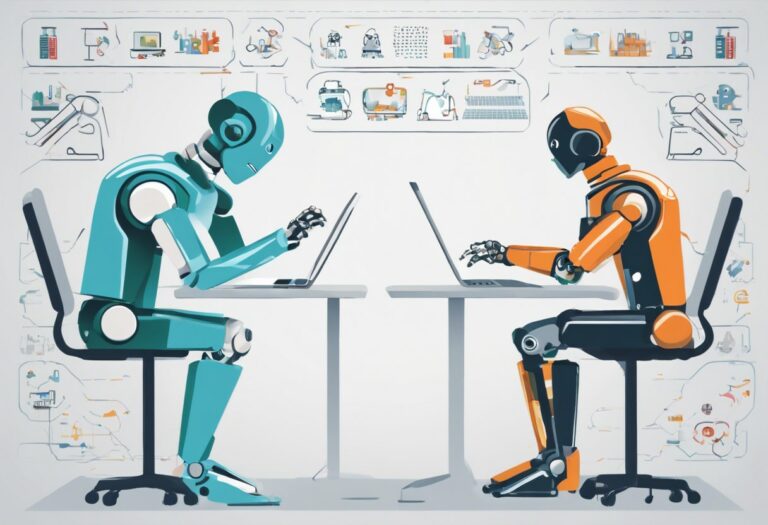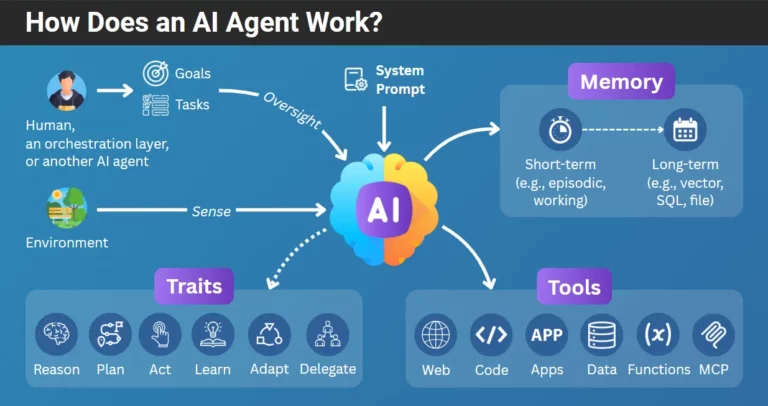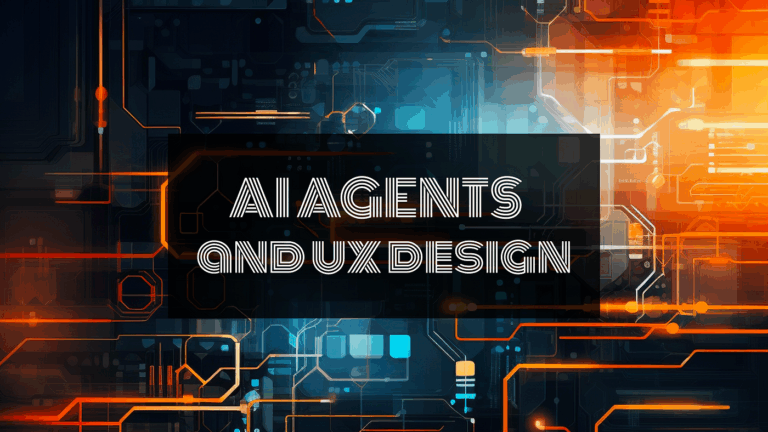
Imagine working in a company where your performance reviews are written by an algorithm, your next task is assigned by a bot, and your team morale is being tracked in the background by AI. It might sound like science fiction, but it’s already starting to happen—quietly, subtly, and in many cases, efficiently.
AI is no longer just supporting managers. It’s learning from how teams work, communicate, and succeed—then making its own recommendations. Sometimes it even takes action without waiting for human approval. The question isn’t whether AI will be part of management in the future. It’s already here. The real question is: are we ready for it?
How AI is Changing the Nature of Management
From helper to strategist
At first, AI in the workplace looked like smart reminders and task automation. Think of automated scheduling tools, email drafting assistants, or daily to-do list generators. But the latest generation of AI tools go far beyond that.
Today’s AI tools analyze productivity data, communication patterns, and task outcomes. They don’t just assist managers—they advise them. Some go further, making real-time decisions based on trends: suggesting team reshuffles, flagging high-performing individuals, or delaying deadlines based on workload insights.
In a growing number of cases, the manager isn’t the one assigning tasks—the system is.
Management without bias?
AI promises to bring objectivity. Machines don’t play favorites, don’t get tired, and don’t forget. If implemented correctly, AI could help companies overcome bias in performance reviews, hiring, and promotions. But there’s a catch: AI learns from human data. If that data carries bias, the system can replicate and reinforce it.
So while AI can make management more consistent, it also requires regular auditing and human supervision to ensure fairness and accuracy.
Where AI Management Thrives
Remote-first companies
One of the biggest challenges of remote work is the lack of visibility. Managers can’t walk by desks, see who’s engaged, or feel the mood of the room. AI fills that gap. It tracks productivity tools, messages, meetings, and deadlines to give managers an overview of how people are doing—even across time zones.
Some AI tools analyze team sentiment from chat messages. Others identify communication bottlenecks. It’s not about spying—it’s about restoring the feedback loops lost in remote work.
High-growth startups
Startups grow fast and don’t always have the luxury of hiring layers of middle management. AI systems help founders and team leads keep track of what’s happening without being overwhelmed by admin work. With smart dashboards and alerts, small leadership teams can manage dozens of people effectively.
Cross-functional global teams
In companies where teams are split across continents and functions, AI helps reduce friction. It can track projects end to end, flag risks early, and remind everyone what’s next—without needing constant check-ins.
What AI Actually Does in Team Management
Task assignment
AI tools now suggest who should do what, based on availability, past performance, skill match, and deadline pressure. Some even adjust workloads automatically to avoid burnout, by slowing task delivery or rotating responsibilities.
Performance feedback
Instead of quarterly reviews, AI systems can deliver ongoing feedback, based on data from collaboration tools. For example, it might summarize how often someone meets deadlines, contributes to team discussions, or gets tagged for support.
Some startups even use AI to generate one-click reports for weekly check-ins, highlighting changes in output or shifts in tone.
Morale tracking
It’s subtle, but powerful. AI can notice if someone becomes less responsive, stops attending meetings, or starts writing more curt messages. That might indicate stress, disconnection, or dissatisfaction. The system can flag this trend, allowing managers to step in early.
In the best cases, it’s proactive. “You might want to check in with Emily—her engagement has dropped 30% this week.”
Meeting optimization
AI now helps manage calendars too. If meetings regularly run over, or certain attendees rarely speak, the system might recommend shorter formats, or suggest skipping some sessions entirely. Some tools even track whether a meeting led to any follow-up action.
The Ethics of AI in Management
Transparency
Are employees being told when they’re being monitored or analyzed? Too often, AI is introduced quietly, leading to mistrust. A key to ethical AI management is being upfront: what is being tracked, why, and how it’s used.
Companies need clear AI usage policies, written in plain language—not buried in legalese.
Consent and boundaries
Just because data can be collected doesn’t mean it should be. Does your company need to know how fast people reply to Slack messages? Or how many lines of code a developer writes? There’s a line between useful analytics and overreach.
Allowing employees to opt out of certain metrics—or at least see and control their own data—is critical for long-term trust.
Human oversight
AI should inform decisions, not replace them. Especially when it comes to firing, promotion, or mental health concerns. Managers should use AI as an advisor, not an excuse to stop listening.
In fact, the best systems encourage more human connection. They highlight problems, so people can talk—not so that machines can decide alone.
How to Introduce AI Management Safely
- Start small – Test a single tool or feature, like AI task suggestions or meeting summaries, before rolling out more complex systems.
- Communicate clearly – Let your team know what’s happening, how it benefits them, and where the limits are.
- Keep the human in the loop – Don’t hand over decision-making. Use AI to support judgment, not override it.
- Train both sides – Managers should be trained on how to use and interpret AI insights, and employees should understand how to interact with AI-based systems.
- Review regularly – Audit the system’s decisions and outputs. Make adjustments based on team feedback and evolving needs.
Can a Bot Be a Better Boss?
That depends. Some employees prefer structure, clarity, and objective feedback—all areas where AI excels. Others value empathy, mentorship, and human intuition—which machines still can’t replicate.
The reality is, most future workplaces will be hybrids. AI will handle the data, logistics, and analytics. Humans will lead with context, emotion, and experience.
And maybe that’s for the best. Because management, at its core, isn’t about control—it’s about trust. And trust is still something that’s earned between people.







